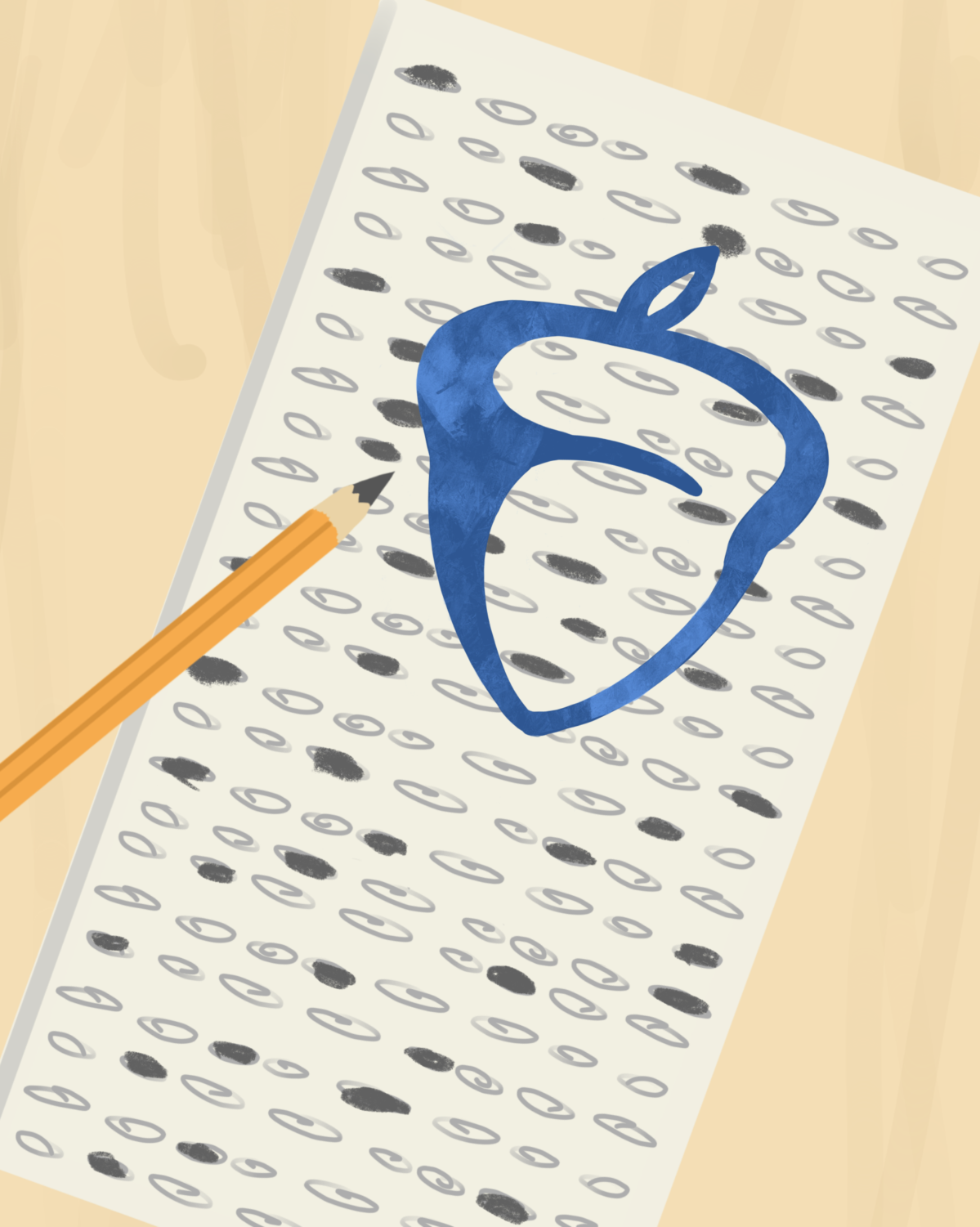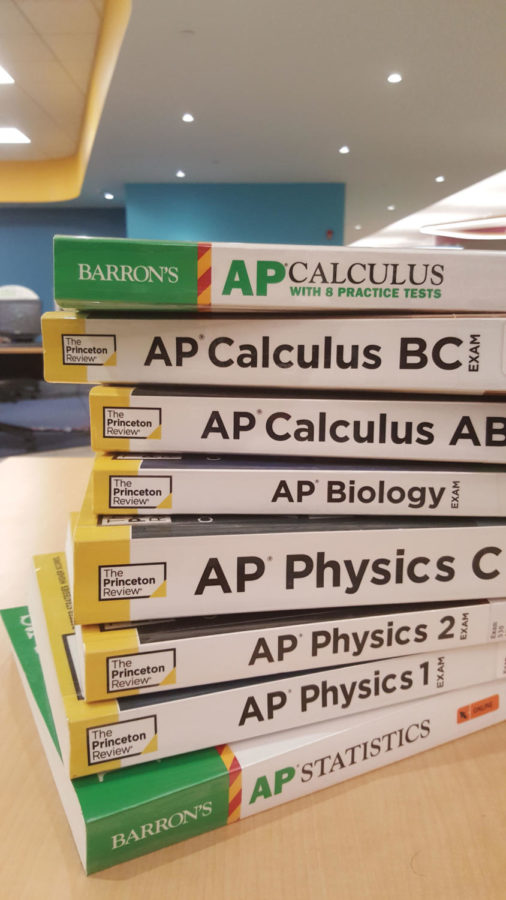
Stress is at an all-time high for students at LM as they prepare for the next dreaded two weeks: AP Exam season. For those who are taking their first ever AP exams, this time may be especially worrisome. Not only do the exams test you on everything you’ve learned since September, but they’re also long, with some exams lasting over three hours.
Your anxieties and doubts are completely understandable – and many students have been in the same position as you. Some students who have gone through these exams have shared their own experiences on their feelings before, after, and in between, and hopefully they can give you reassurance as you head into your own exams.
First off is Amy Huang ‘23 who took the AP Physics C: Mechanics exam, a difficult test taken within a timeslot of 90 minutes – essentially half the time of a typical AP exam. She recalls feeling nervous, as the exam took place right after her lengthy AP Language and Composition Exam. Huang describes that, “The exam was fast-paced, but we had prepared in class with Mrs. Christman, so I knew what to expect and how to pace myself properly.” As this is a heavily math-based class, she recommends doing as many practice problems as possible and thoroughly going over each of your mistakes, rather than trying to memorize notes of long equations.
Next, Sasha Murray ‘24 gave her take on the AP Chemistry exam. The AP Chemistry exam is also a notoriously difficult exam, lasting for three hours and fifteen minutes. It also happens to be one of the first tests administered during the two-week period. She studied for the test by actively following along in-class preparations, as well as taking practice tests in her own time. Taking practice tests was the most helpful, especially for the multiple choice section (consisting of 60 questions to be answered in 90 minutes), as those questions were very different from the tests the students had taken in the class. She also noticed that “there were not many questions about the most difficult concepts, like acids and bases,” and advises “Although you should definitely make sure you understand these concepts, don’t be too stressed out if they don’t come easily to you!”
Maggie Yin ‘24 recalls that she felt “very confident” walking out of the AP Psychology exam. This is a popular AP class for sophomores, as they find much of the material to be relatable and directly applicable to their lives. While this exam is also three hours long, she felt that there was enough time to answer the questions. The multiple choice questions were fairly straightforward, and practicing timed FRQ’s was very helpful with pacing. Yin admits that she “went overboard with the prep,” recounting that, “the most extraneous thing that I did was go on Quizlet, look up every unit, and go through all of those — definitely unnecessary and time consuming!” The test is mostly reliant on memorization, so having a general understanding of the terms seems to be the best mindset. She also pointed out that knowing the roles of the famous people (eg: Sigmund Freud, Jean Paiget) taught in the curriculum was beneficial.

Similarly, Daniel Vossough ‘24 was surprised by how at-ease he felt when taking the AP Calculus BC exam. Despite hearing from peers that the exam was on the difficult side, he remembers that “it felt much easier than I had anticipated, which definitely kept me from becoming drained.” Additionally, he found it helpful to find a rhythm when answering the questions, which gave him enough time to solve and check the questions. In terms of preparation, he found Khan Academy to be the most helpful resource outside of the classroom. While it may be hard to believe, he assures that “the test is relatively straightforward, and pretty much everything you see on the test will be something you learned in class.”
Perhaps the year of long annotation assignments had paid off, as Maya Taylor ‘23 faced the feat of the AP English Language and Composition exam. According to her, this exam may be slightly harder for pacing, as students must answer multiple choice questions and write three different essays. She used an AP prep book to learn how to approach the multiple choice section, and practiced the essays using prompts from past exams. Additionally, students were able to take an in-school full-length practice exam, and get it graded by a teacher, which she claims was “really helpful to show me what I still had to work on.” Her key tip is to figure out which essay is your strongest, since “if you do end up running out of time, you want your best essay(s) to be complete.” She also added that it was very helpful to read over the graded essays from past exams online, as you could recognize what the graders liked and didn’t like, and use it to your advantage.
It’s more than possible to take your AP exams with confidence. Aside from having an effective study plan, it is equally important to take care of yourself in the midst of your busy life. Test-taking relies on a stable mental state as much as it does on your knowledge of the material. It is vital to stay hydrated, eat nutritious meals, take breaks from work, and keep a consistent sleep schedule, whether it is AP season or not.







